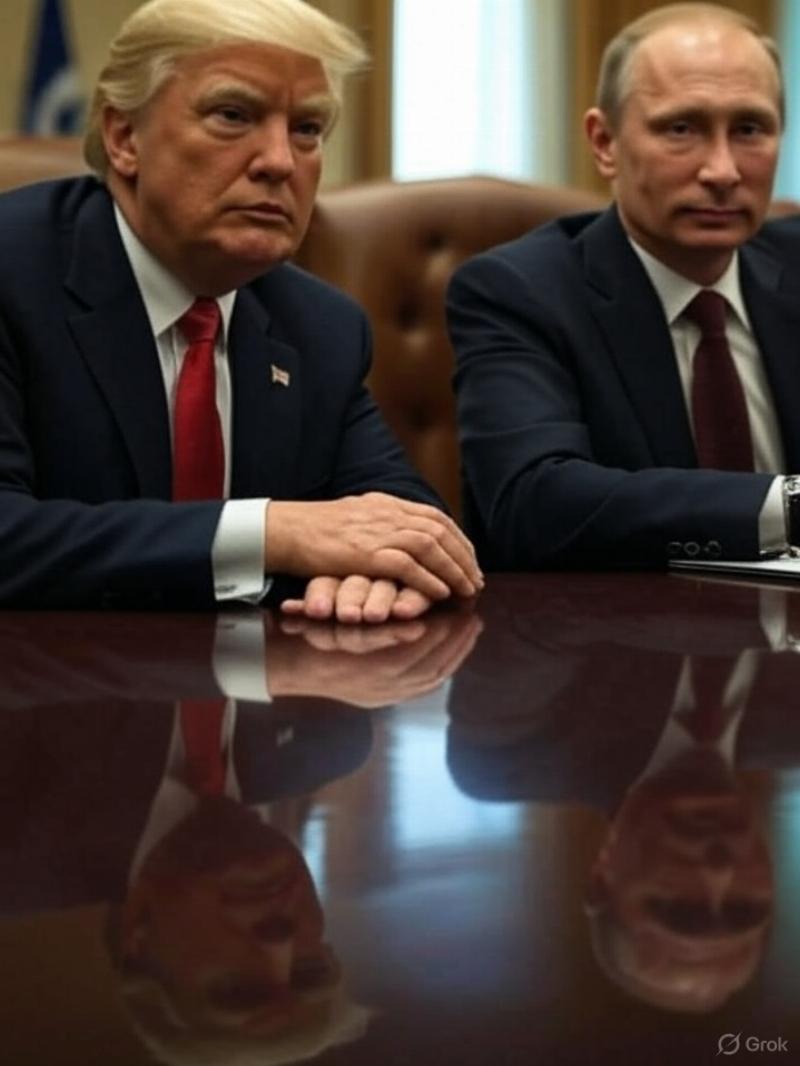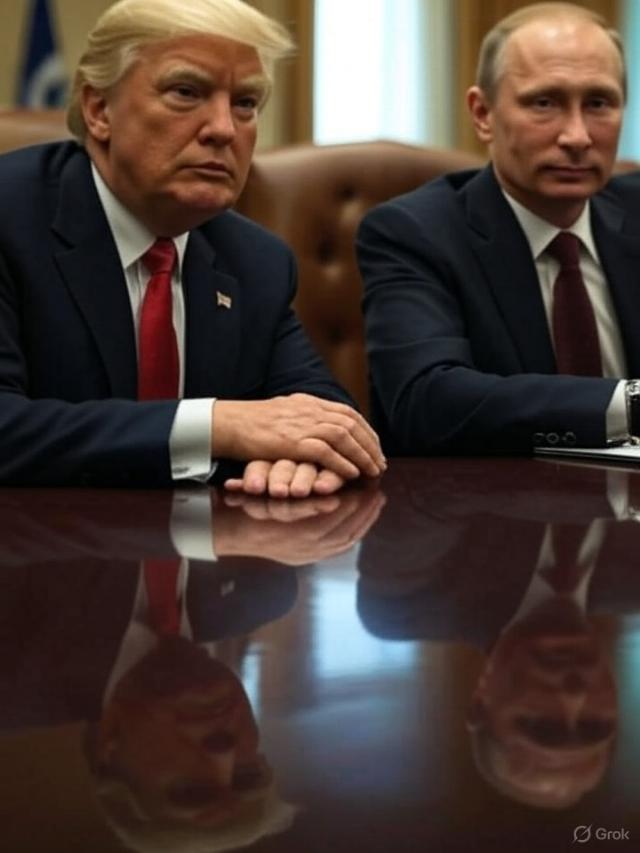


There are several questions that remain unanswered about Western and Russian geopolitical aims in Ukraine, but it is best to frame that discussion by stating first that neither the West nor Russia speak with one voice.
In the West, two opposing voices exist. One is that of the globalist-left, comprising the current EU leadership and U.S. Democrats, which asserts that Western-style liberal hegemony should universally triumph. It desires to have the former Russian sphere liberalize and integrate as a subordinate partner into the European Union and Atlantic alliance. It does not care, and might even prefer, that Russia disintegrates into separate statelets prior to being incorporated into the Western alliance. Part of that wish has already come to fruition with the collapse of the Soviet Union and successive rounds of NATO enlargement and EU expansion into eastern Europe. With Ukraine, that process has reached a critical point where it is ingesting core Russian assets.
Before describing the opposing voice in the West, I will turn to explaining the perspective of the current regime in Russia under Putin. Its mindset is defensive and its actions reactive. Since the collapse of the Soviet Union, the Russian state has found itself unprepared for every move the West has undertaken. It has been playing catch up. Although it does not question its own legitimacy, it believes that the West does. This breeds insecurity and risk-taking on the part of the Russian regime. In a sense, it does not matter if that was the intent of the West, or not. The current Russian regime is paranoid and circling the wagons.
The countering voice in the West has come from the MAGA movement in the U.S., and populist parties like Reform in the UK and AFD in Germany. They see Russian advances in Ukraine as a sideshow. Of more paramount importance to them is curbing the censorial and totalitarian ambitions of leftist globalists in Europe and the U.S. Therefore, they are willing to concede Russian territorial demands in Crimea and the Donbas to bring the conflict to an end.
The fourth voice is the opposition to the current Russian regime within Ukraine, Belarus, and Russia, what comprised the Slavic heartland of Czarist Russia and the Soviet Union. The opposition includes both separatist and liberalizing forces within the Russian sphere of influence. When contemplating the prospects that the latter will be successful, it is important to keep in mind that Russia has never had a strong tradition of liberal democracy and free markets. The decade of the 1990s when both were instituted, is not viewed by the average Russian as a resounding success. Russian GDP collapsed by 40% in that decade, impoverishing millions and leaving many Russians with an aversion toward further Western-style experimentation. Russians have also rediscovered their nationalistic roots and have a strong attachment to both their culture and orthodox religion, which buttress the traditional Russian state. Russia is not just “a gas station with nukes” as its critics in the West have derided.
Last November, I would have guessed that the aims of Trump would have aligned with those of Putin, and we would have seen a cessation of fighting in Ukraine. However, Putin has not accepted Trump’s face-saving offer. Therefore, one must concede that Putin derives some benefit from continuing the war. From the start of the conflict in 2014, Putin has been acting in defiance of creeping Western efforts to loosen Russia’s grip on its former satellites. He must now realize that Ukraine is lost to the West, but he is still intent on keeping it formally out of the NATO alliance. He has given notice to the West that any further seduction or subversion of Belarus, Georgia, or Russia proper will not be welcomed, and will be met with force.
The EU must contend with problems, including: the deindustrializing effects of net zero policy; the scramble to replace Russian natural gas imports; and rising social tensions from unabated mass immigration. The sclerotic leadership of the EU has addressed the resultant political dissent by attempting to censor and outlaw it. With the EU commitment to the future defense of Ukraine, it will have to prioritize rearmament over domestic social spending.
To date, Trump has not taken ownership of the Ukrainian war in the same manner as the Biden administration, and barring any major developments on the military front, it probably will remain as such. However, the jockeying amongst the four parties involved in determining the geopolitical relationship is fluid and new developments could surprise even the experts at this point.

Image from Grok.
